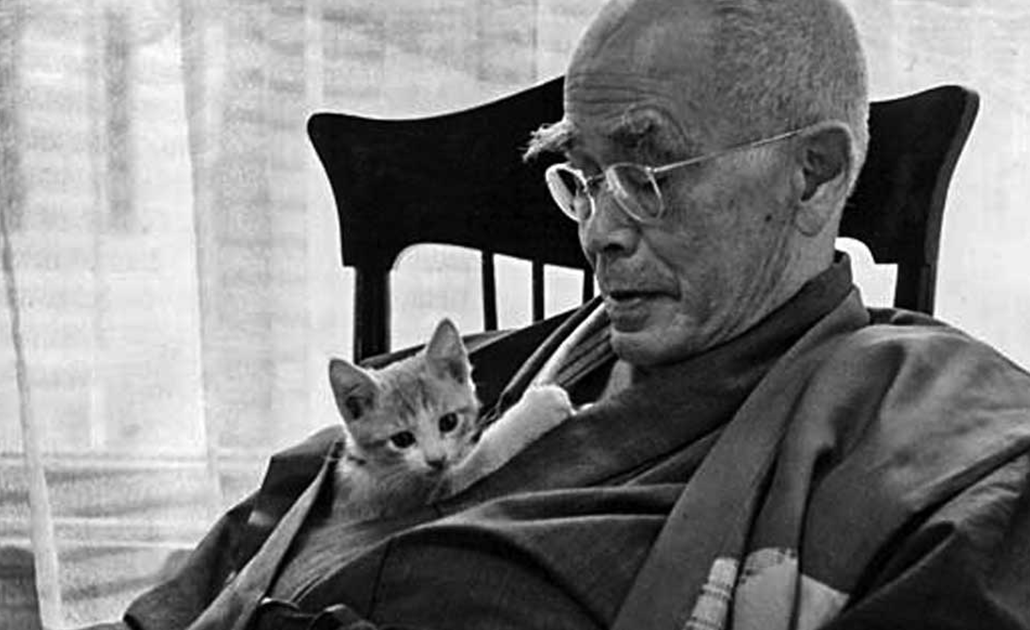The ideas behind the Mingei Movement were part of a wider intellectual exchange in the early part of the 20th century. Just as Eastern philosophy and aesthetics were being introduced to the West, European ideas of arts and design, as articulated by the Arts and Crafts Movement of John Ruskin, William Morris and Eric Gill, among others, were entering Japan.
The central Japanese figure in this exchange was Buddhist scholar Daisetsu Teitaro (D.T.) Suzuki, author of many books in English on Buddhism and Japanese culture; including Essays in Zen Buddhism (1927), Zen and Japanese Culture (1959) and Shin Buddhism (1970). Suzuki lived in America during the early part of the 20th century and travelled extensively throughout his long life, lecturing and engaging in dialogue with many of the most important artists and thinkers of his time.
His influence is widely acknowledged; no discussion of the position of Japan in the intellectual history of the 20th century can be complete without consideration of D.T. Suzuki. Undoubtedly one of the most significant figures of the last century, his important contributions include writings on Buddhist philosophy and the arts of Japan – writings that influenced artists worldwide.
The key members of the Mingei Movement felt Daisetsu Suzuki’s influence and friendship directly and unmistakably. In this film project we have had the unique opportunity to explore this legacy through an interview in Kyoto with Mihoko Okamura, Suzuki’s longtime assistant.

